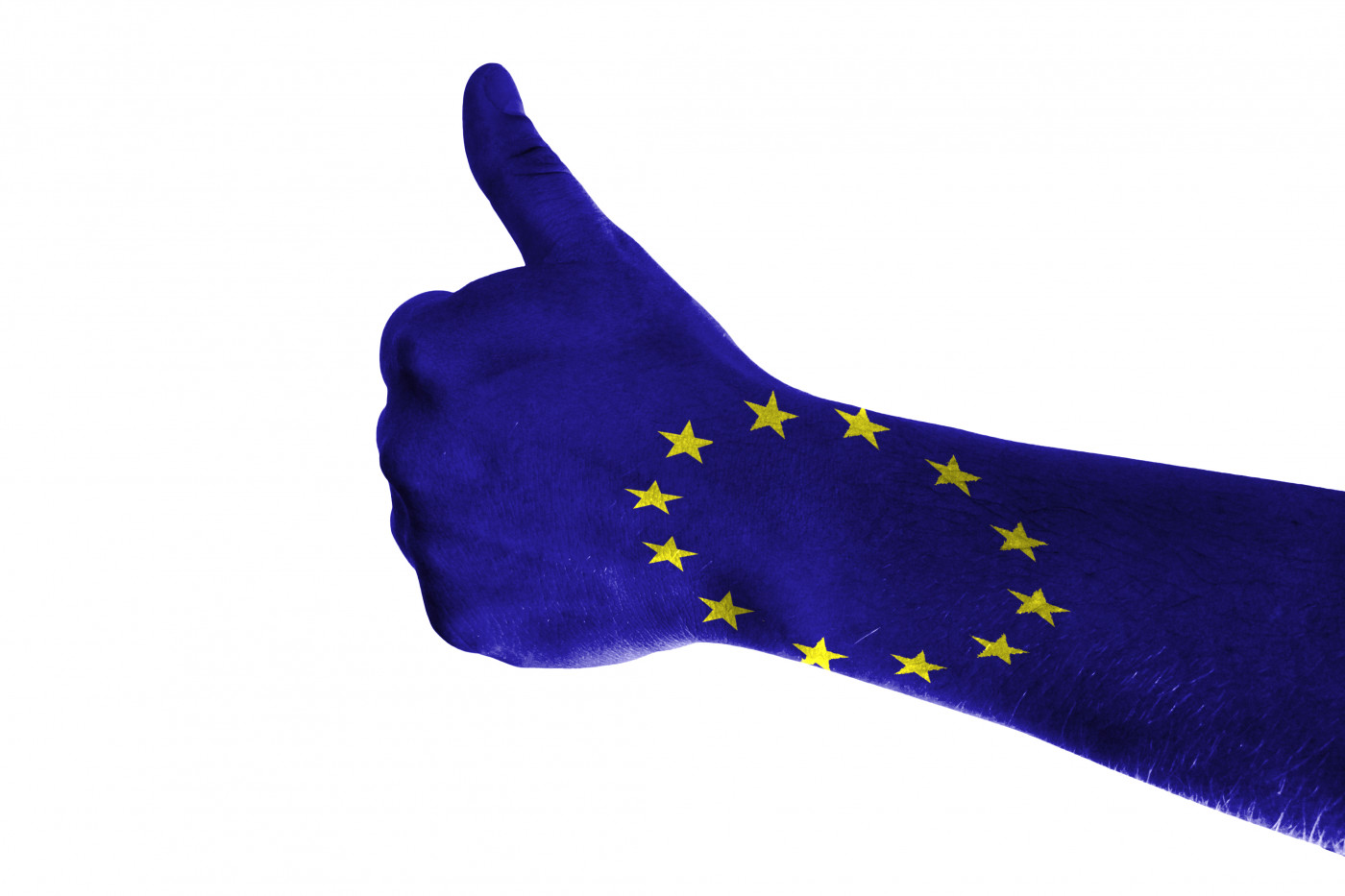E.U. Approves Imraldi, a Humira Biosimilar, for Ankylosing Spondylitis, Other Inflammatory Diseases
Written by |

The European Commission recently granted a marketing authorization for Imraldi, a biosimilar approved to treat the same inflammatory diseases — including ankylosing spondylitis — as Humira (adalimumab).
Imraldi, developed by Samsung Bioepis — a partnership between Samsung BioLogics and Biogen — is approved for treatment of axial spondyloarthritis, rheumatoid arthritis, psoriasis, and other inflammatory diseases. Ankylosing spondylitis is a type of axial spondyloarthritis.
A biosimilar is a biological medicine with a high degree of similarity to another already approved biological medicine, the so-called reference medicine. In this case, Humira, an anti-tumor necrosis factor (TNF) therapy made by AbbVie, is the reference medicine.
Approval of biosimilars follows the same procedures and regulatory actions regarding pharmaceutical quality, safety, and efficacy that apply to all biological medicines.
With this decision, Biogen becomes the first company with the most approved biosimilars for the most prescribed anti-TNF biologic treatments in Europe. Before Imraldi, Biogen’s Benepali, a biosimilar to Enbrel (etanercept), and Flixabi, a biosimilar referencing Remicade (infliximab), were also granted a marketing authorization.
The European Commission’s decision to grant marketing authorization for Imraldi “marks another positive step in transforming the lives of people with chronic autoimmune conditions,” Jean-Paul Kress, EVP International and Head of Global Therapeutic Operations, Biogen, said in a press release.
“As the number of approved biosimilars continues to grow, so does the anticipated potential to increase physician choice and patient access to biologics.” Kress added.
Imraldi’s approval was supported by data from clinical trials comparing Imraldi’s safety and efficacy relative to Humira.
In a Phase 1 study (NCT02144714), Imraldi and Humira showed a similar pharmacokinetic profile when given to healthy volunteers. The field of pharmacokinetics refers to the movement of a drug within the body — absorption, distribution, metabolism, and its elimination.
In a following Phase 3, randomized, double-blind, multicenter trial (NCT02167139) involving patients with rheumatoid arthritis, Imraldi was found to be safe, and showed equivalent efficacy when compared to Humira.
Specifically, the trial achieved its primary endpoint with patients achieving equivalent American College of Rheumatology ACR20 response (a 20% improvement in symptoms) at week 24. Humira-treated patients showed an ACR20 response rate of 72.5%, and the response in the Imraldi-treated group was of 72%.
Between week 24 and week 52, a fraction of patients receiving Humira were switched to Imraldi treatment. The switch resulted in no alterations to efficacy, safety, and immunogenicity profiles, which remained similar to those under constant therapy with Humira or Imraldi.
The European Commission made its decision after a positive review from the Committee for Medicinal Products for Human Use (CHMP) of the European Medicines Agency.





